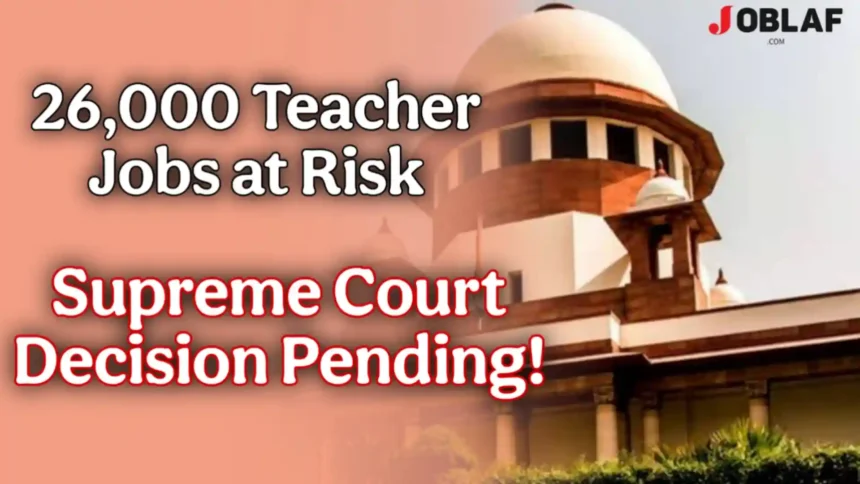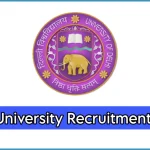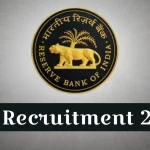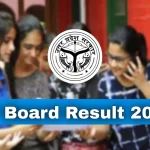West Bengal Teacher Case: The Supreme Court of India has yet to deliver a final decision regarding the cancellation of 26,000 teacher appointments in West Bengal, a case that has sparked widespread debate and legal scrutiny. The issue, which stems from alleged irregularities in the recruitment process conducted by the School Service Commission (SSC) in 2016, has reached the country’s highest court after a ruling by the Calcutta High Court ordered the termination of these jobs.
Supreme Court Hearing on February 10
On Monday, February 10, Justice Sanjiv Khanna presided over a crucial hearing on the matter. Despite extensive arguments from multiple parties, no conclusive decision was reached. The Central Bureau of Investigation (CBI) strongly advocated for upholding the Calcutta High Court’s verdict, which mandated the dismissal of the 26,000 affected employees due to recruitment malpractice. Meanwhile, the SSC cautioned that enforcing the ruling could severely disrupt West Bengal’s education system, affecting students and institutions across the state.
Read Also: Retirement Age Hike: Govt Increases Retirement Age for Specialist Doctors to 65 Years
Key Arguments Presented
CBI’s Stance on Corruption
The CBI provided substantial evidence indicating large-scale corruption in the recruitment process. According to the agency, the original Optical Mark Recognition (OMR) sheets, which could verify the authenticity of the selection process, are missing. The investigative body asserted that recruitment was manipulated, with many candidates securing jobs unlawfully.
SSC’s Concerns Over Systemic Collapse
While acknowledging issues like rank manipulation and improper appointments, the SSC argued that not every recruited teacher was involved in fraudulent practices. The organization emphasized that if all appointments were revoked without distinguishing between deserving and undeserving candidates, it would lead to severe disruptions in the education sector. The SSC also highlighted that it lacks complete records of OMR sheet alterations.
Judicial Concerns and Possible Outcomes
During the hearing, Justice Sanjiv Khanna questioned whether a fresh recruitment process could be conducted to rectify the situation. Additionally, he inquired whether it would be possible to publish a detailed list distinguishing qualified candidates from those who were wrongfully appointed.
Previously, the Calcutta High Court’s division bench, comprising Justice Debangshu Basak and Justice Mohammad Shabbar Rashidi, had ordered the cancellation of the entire 2016 SSC recruitment process. This led to the termination of 25,753 jobs and a directive for the affected individuals to return their salaries with 12% interest.
Current Status of the Case
A petition challenging the High Court’s decision has been filed in the Supreme Court, and the case remains under review. Due to the complexities involved and the unavailability of crucial evidence, the top court has yet to issue a final ruling. The CBI continues to assert that corruption played a significant role in the recruitment, while the state authorities fear that implementing the court order could lead to an education crisis in West Bengal.
As the legal proceedings continue, the fate of thousands of teachers and the state’s education system hangs in the balance. The Supreme Court’s final verdict will have far-reaching consequences, shaping the future of recruitment processes and accountability in West Bengal’s education sector. Stay tuned for further updates on this high-stakes case.






